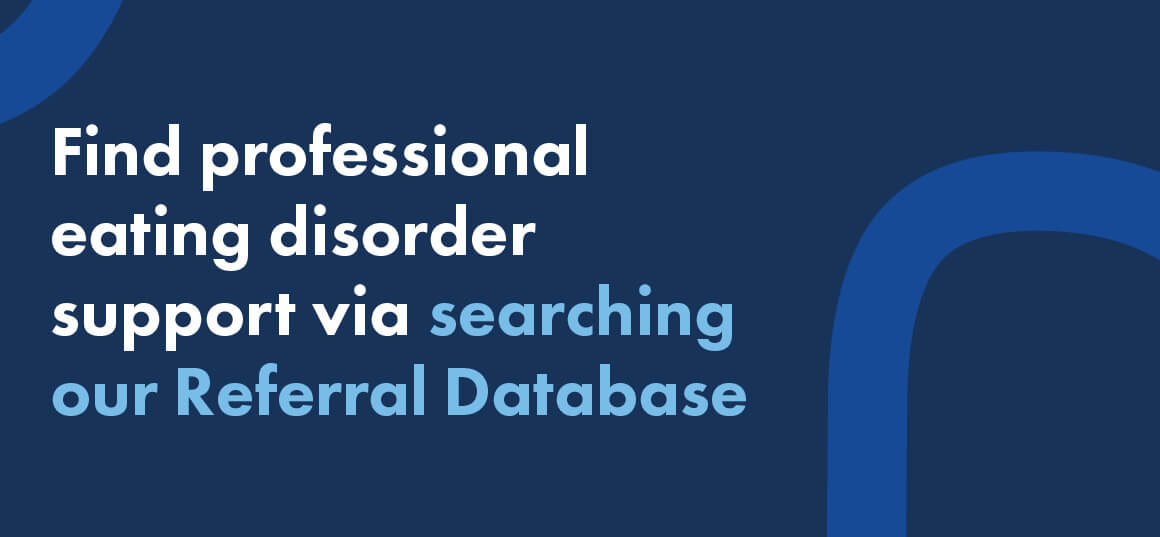Navigating Social Media: Now and Beyond Lockdowns
Social media has so many positive aspects – connecting people from around the world, for promoting and supporting businesses, for health professionals to provide education to many people at once, and more.
However, social media is pretty addictive (I’m an occasional culprit myself). We all spend way too much time on it, perhaps even more in the past year with the pandemic and needing to stay home during lockdowns. We are becoming increasingly digitalised, wanting information, entertainment, and validation on an online platform.
The increasing amount of time being spent on social media is also concerning. Depending on who we follow, social media gives us 24/7, 365 days access to the Westernised body image ideal, not to mention potentially dangerous nutrition and exercise misinformation. Being exposed to the latter can increase people’s risk of developing disordered eating and body image issues and increase the severity of symptoms current sufferers are experiencing.
The Westernised Body Image Ideal
In movies, TV shows, magazines, advertisements, and now social media, we are bombarded with women of smaller body sizes, and muscular, low body-fat men, presented as being popular, desirable, successful, and fulfilled. Consumers are fed the message that to be ‘happy’, to attract people sexually, to be successful in their careers, to be popular in friendship groups, they need to be what the western world considers as being ‘physically attractive’.
Nowadays, the social media equivalent of the above is people with very large followings (thousands to millions), or ‘influencers’, portraying this body image ideal through frequent photos and videos in minimal clothing to vast audiences.
Influencers aside, there may even be acquaintances in your friendship circle, who frequently posts media of their bodies.
For some people, this won’t affect them. However, for others who may engage in frequent body-evaluation, this may lead them to becoming increasingly dissatisfied with their own bodies, just because they don’t look like the influencers or others who they compare themselves to online.
Nutrition and exercise misinformation
Although there are many wonderful health professionals on SM promoting a wealth of helpful, evidence-based health information, there are also many influencers with very large followings, who share nutrition and exercise misinformation. This is dangerous, because despite being unqualified, they are perceived to be credible due to the large follower bases they have.
Some examples include eliminating entire food groups or certain foods, relying on unnecessary supplements, missing out on social eating opportunities, and making drastic changes to eating and exercise routines.
The combination of being exposed to body image ideals and extreme, unhealthy ways of eating and exercising, can increase experiences of body dissatifaction and body-image related struggles in viewers.
We need to remind ourselves that just because we see somebody eating or exercising in a certain way, it does not mean it’s healthy for them, let alone for ourselves.
Try not to internalise
When we are exposed to photos/videos of another’s body, or to the way in which they eat or exercise, we need to be proactive in ‘filtering’ what we see and read. Try not to take everything for face value.
Below is some helpful self-talk I encourage you to engage in.
- Just because they eat this way, it does NOT mean it’s right for me.
- Just because their body looks like that, it does NOT mean I will be happy and healthy looking like that.
- Healthy eating for me as an individual, is different to what healthy eating is for another person.
- Happiness, health, and fulfillment is NOT equated with the shape, muscularity, leanness, or size of one’s body.
Can you come up with any further self-talk phrases which will help you?
When you should consider unfollowing somebody
Social media is empowering in that you have the direct freedom to unfollow somebody whenever you want to.
Here are some reasons to potentially click ‘unfollow’ or ‘delete’:
- They frequently provide advice or information they are not qualified to provide (For example, detailed nutrition information from somebody who is not an insured nutritionist or qualified dietitian)
- They are making you feel guilty or negative about your eating
- They make you feel negatively about your body
- They have encouraged you to eat and/or exercise in a way which is restrictive, excessive, and unsustainable
In summary, only follow those who make you happy and contribute to your learning (in a qualified way). Use your power to filter information and/or content which may be misinformation or be portraying body image ideals.
About the writer:
Alex is a student dietitian set to graduate from Monash University in July 2022. After recovering fully from his eating disorder about 5 years ago now, he is embarking on a career path of giving back to the eating disorders and body image community. He holds a strong passion for helping sufferers recover with utmost empathy and compassion, as well as wanting to help health practitioners and the media learn what it’s like to suffer an eating disorder from a past sufferers’ perspective.
Outside of work and study, Alex loves lifting weights, caring for his Tabby/Bengal cat ‘Monkey’, good coffee, and is a little obsessed with crocodiles. He aims to live in Southeast Queensland in the next 10 years.




















